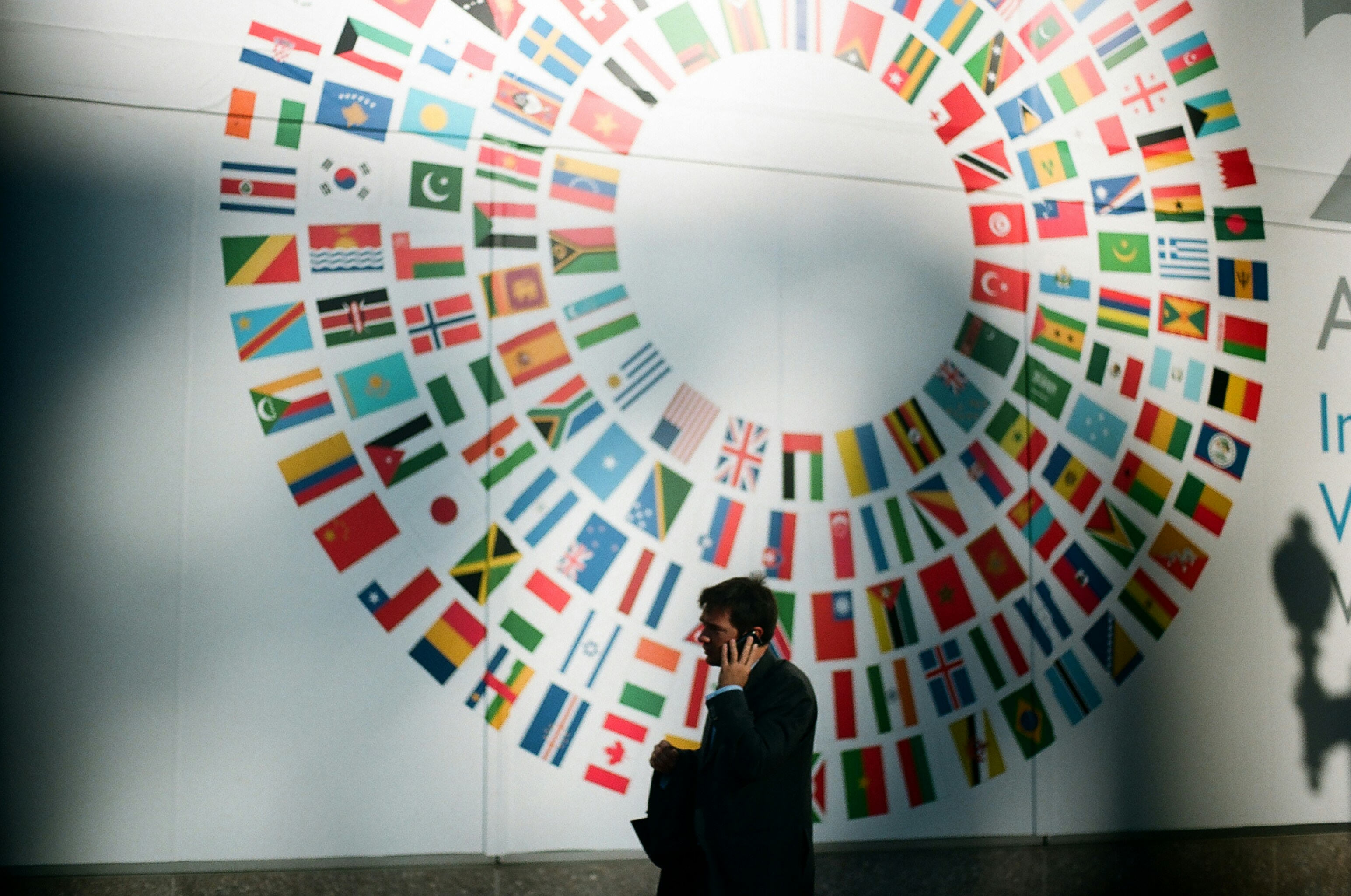
The UN System Organizations
The United Nations (UN) system is a network of intergovernmental organizations, agencies, programs, and bodies that work together to promote international cooperation and address various global challenges.
The UN System consists of many funds, programmes, specialized agencies, and other affiliate organizations, each with their area of work, membership, leadership, governance structure, and budget. These entities work together with and through the UN Secretariat to maintain international peace and security, promoting human rights, fostering social and economic development, and providing humanitarian assistance.
How does the UN work?
The United Nations (UN) operates as a complex international organization aimed at promoting peace, security, and cooperation among member states. Established in 1945, the UN functions through a system of intergovernmental organizations, specialized agencies, and programs that address various global challenges such as poverty, health, human rights, and environmental issues. Central to its operation are the General Assembly, where all member states have a voice, and the Security Council, which focuses on maintaining international peace and security. The UN implements its initiatives through resolutions, humanitarian assistance, and peacekeeping missions, often collaborating with regional organizations and civil society. Its budget is funded through assessed and voluntary contributions from member states, ensuring that resources are allocated according to the needs identified by the international community. In the video titled "How the UN Works" below, Dr. Binoy Kampmark provides an insightful explanation of the structure and functioning of the UN.
UN Funds and Programmes
In general, the UN funds and programmes are established by a resolution of the UN General Assembly and have a focused mandate. They are funded either mainly or entirely through voluntary contributions rather than through the assessed contributions.
The UN Secretary-General usually appoints the heads of the Funds and Programmes.

Headquarters: Nairobi, Kenya
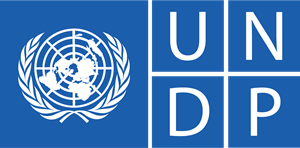
Headquarters: New York, United States

Headquarters: Nairobi, Kenya

Headquarters: New York City, United States

Headquarters: New York, United States

Headquarters: Rome, Italy
Specialized Agencies
The UN system includes 15 affiliated specialized agencies (which may be counted as 17 specialized agencies if IDA, IBRD, and IFC are considered separately from the World Bank Group). The specialized agencies are autonomous international organizations working with the United Nations They were brought into relationship with the UN through negotiated agreements. Some existed before the First World War. Some were associated with the League of Nations. Others were created almost simultaneously with the UN. Others were created by the UN to meet emerging needs.
Specialized Agencies each have a process for admitting members and appointing their administrative head.
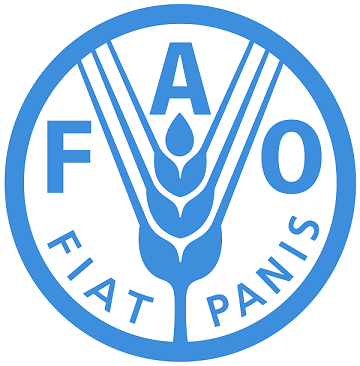
Headquarters: Rome, Italy

Headquarters: Montreal, Canada
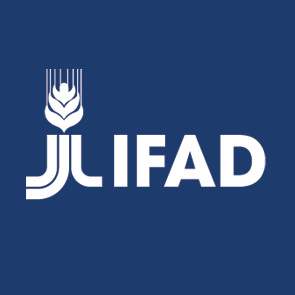
Headquarters: Rome, Italy
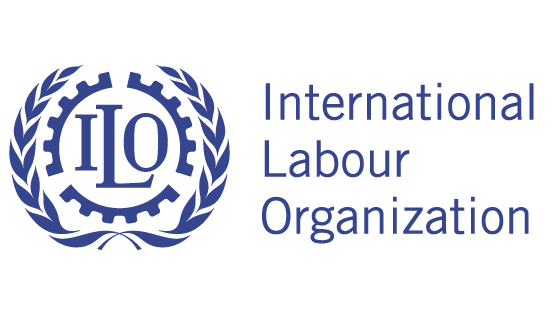
Headquarters: Geneva, Switzerland
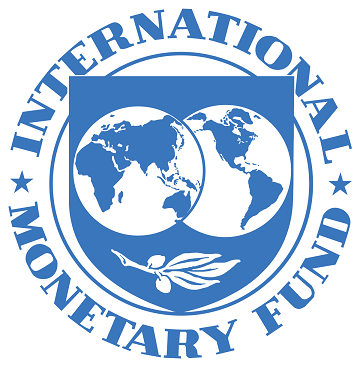
Headquarters: Washington, D.C., United States

Headquarters: London, United Kingdom
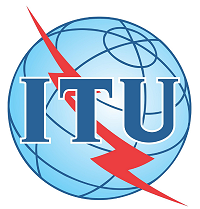
Headquarters: Geneva, Switzerland
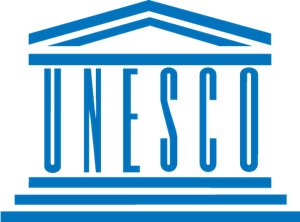
Headquarters: Paris, France
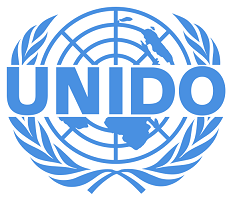
Headquarters: Vienna, Austria
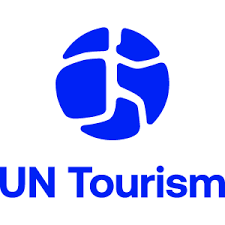
Headquarters: Madrid, Spain

Headquarters: Bern, Switzerland
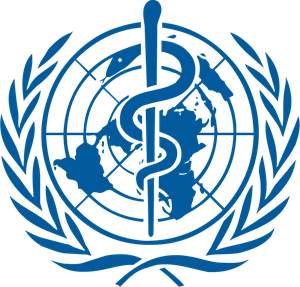
Headquarters: Geneva, Switzerland
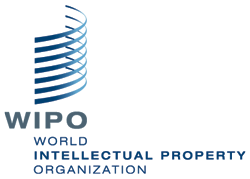
Headquarters: Geneva, Switzerland

Headquarters: Geneva, Switzerland

Headquarters: Washington, D.C., United States
Note: the World Bank Group consists of International Bank for Reconstruction and Development (IBRD), International Centre for Settlement of Investment Disputes (ICSID), International Development Association (IDA), International Finance Corporation (IFC), and Multilateral Investment Guarantee Agency (MIGA). ICSID and MIGA are not considered as specialized agencies as per Articles 57 and 63 of the UN Charter.
Other Entities and Bodies of the UN
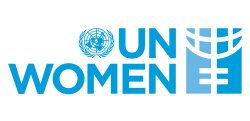
Headquarters: New York, United States

Headquarters: Geneva, Switzerland

Headquarters: Geneva, Switzerland
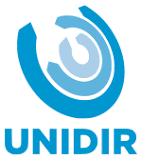
Headquarters: Geneva, Switzerland

Headquarters: Geneva, Switzerland

Headquarters: Copenhagen, Denmark
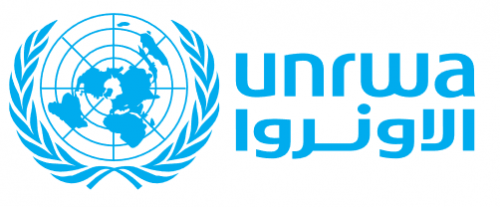
Headquarters: Gaza and Amman

Headquarters: Torino, Italy

Headquarters: Tokyo, Japan
Related Organizations
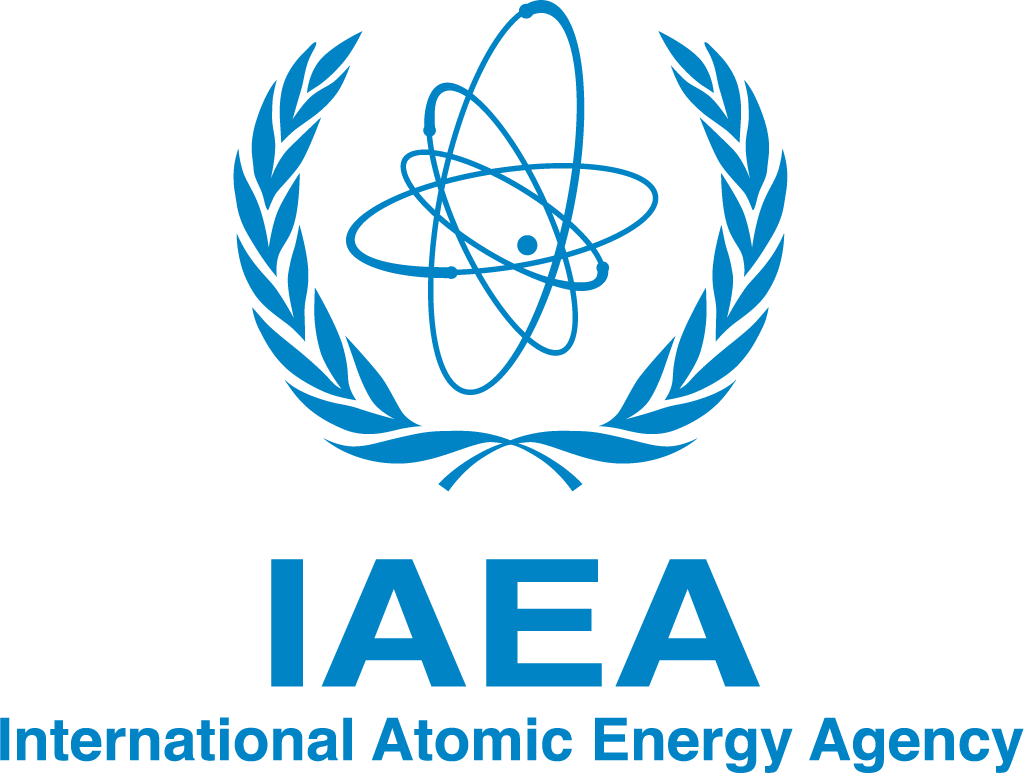
Headquarters: Vienna, Austria

Headquarters: The Hague, Netherlands

Headquarters: Le Grand-Saconnex, Switzerland

Headquarters: Geneva, Switzerland
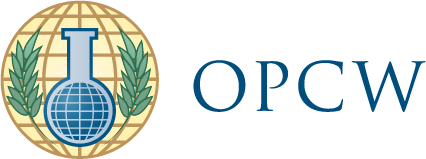
Headquarters: The Hague, Netherlands
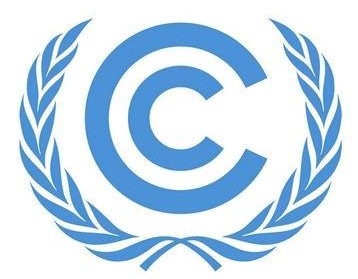
Headquarters: Bonn, Germany

Headquarters: Geneva, Switzerland
For more information about the UN System, please visit the UN System Chart.
Regional Commissions
Regional Commissions were established through resolutions of the Economic and Social Council with the aim of fostering regional development. There are five regional commissions:
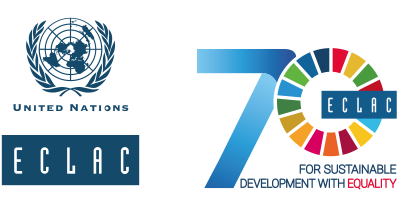
Headquarters: Santiago, Chile
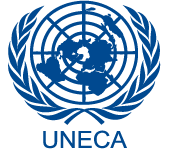
Headquarters: Addis Ababa, Ethiopia
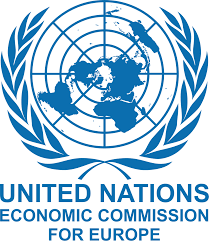
Headquarters: Geneva, Switzerland
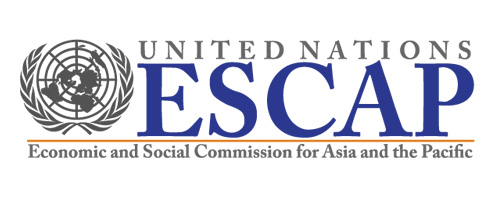
Headquarters: Bangkok, Thailand
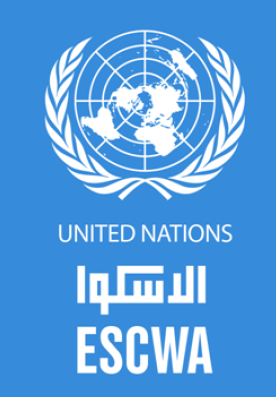
Headquarters: Beirut, Lebanon
Researches and Training Entities

Headquarters: Turin, Italy

Headquarters: Geneva, Switzerland

Headquarters: Geneva, Switzerland

Headquarters: Geneva, Switzerland

Headquarters: Torino, Italy

Headquarters: Tokyo, Japan
Coordination Bodies
The UN System comprises diverse organizations working together to address complex global issues. Coordination is central to its effectiveness. Coordination between the UN and specialized agencies is assigned to the Economic and Social Council (ECOSOC). At the working level of the secretariats of the organizations, coordination is facilitated by various bodies including the CEB (shared priorities and initiatives), OCHA (crisis responses), and ICSC (UN common system).

Headquarters: New York, United States

Headquarters: New York, United States

Headquarters: New York, United States
UN Common System
The UN system organizations adhere to a uniform framework known as the Common System of salaries, allowances, and benefits. The framework consists of rules, policies, and practices that govern the employment conditions of international civil servants across the various entities within the United Nations system. It aims to ensure consistency, fairness, and transparency in employment practices, salaries, benefits and allowances for staff members working in different UN organizations.
Not all organizations within the UN system are part of the UN Common System. Presently, the UN Common System comprises 28 organizations, including 13 of the UN specialized agencies, along with one organization enjoying special status under the ICSC statute. The World Bank Group and the International Monetary Fund, commonly known as the Bretton Woods institutions, does not apply the UN Common System.
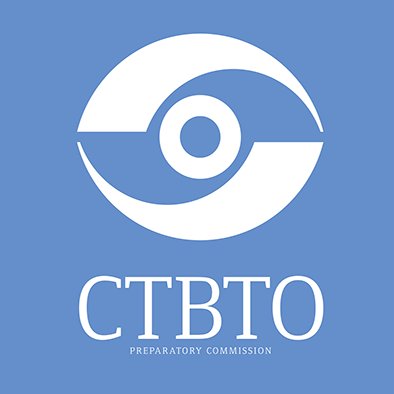
Headquarters: Vienna, Austria

Headquarters: Rome, Italy

Headquarters: Vienna, Austria

Headquarters: Montreal, Canada

Headquarters: Rome, Italy

Headquarters: Geneva, Switzerland

Headquarters: London, United Kingdom
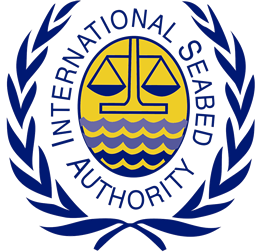
Headquarters: Kingston, Jamaica

Headquarters: Geneva, Switzerland
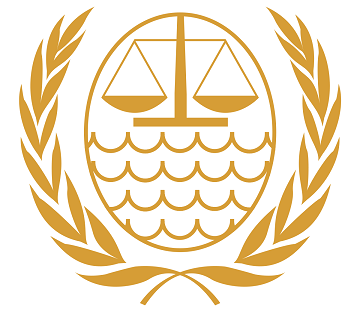
Headquarters: Hamburg, Germany

Headquarters: Geneva, Switzerland

Headquarters: Washington, D.C., United States

Headquarters: New York, United States

Headquarters: New York, United States

Headquarters: Geneva, Switzerland

Headquarters: New York, United States

Headquarters: Paris, France

Headquarters: New York City, United States

Headquarters: Geneva, Switzerland

Headquarters: New York, United States

Headquarters: Vienna, Austria

Headquarters: Copenhagen, Denmark

Headquarters: Gaza and Amman

Headquarters: Madrid, Spain

Headquarters: Bern, Switzerland

Headquarters: Rome, Italy

Headquarters: Geneva, Switzerland

Headquarters: Geneva, Switzerland

Headquarters: Geneva, Switzerland
UN Joint Staff Pension Fund Members
The United Nations Joint Staff Pension Fund (UNSPF) was established in 1948 to provide retirement, death, disability and related benefits for staff upon cessation of their services with the United Nations, and the other organizations admitted to membership in the Fund.
Membership in the Fund is open to specialized agencies and any other international, intergovernmental organization which participates in the common system of salaries, allowances and benefits. When an organization is recommended by the Pension Board, it is the General Assembly that decides what organizations are admitted to the Fund.

Headquarters: Vienna, Austria

Headquarters: Paris, France

Headquarters: Rome, Italy

Headquarters: Vienna, Austria

Headquarters: Montreal, Canada

Headquarters: The Hague, Netherlands
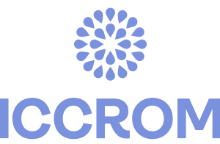
Headquarters: Via di San Michele, 13 - Rome, Italy
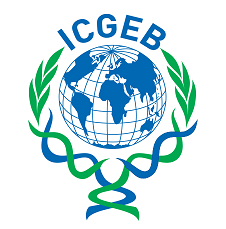
Headquarters: Trieste, Italy

Headquarters: Rome, Italy

Headquarters: Geneva, Switzerland

Headquarters: London, United Kingdom

Headquarters: Le Grand-Saconnex, Switzerland
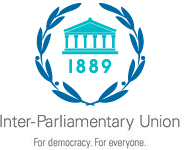
Headquarters: Geneva, Switzerland

Headquarters: Kingston, Jamaica

Headquarters: Hamburg, Germany

Headquarters: Geneva, Switzerland
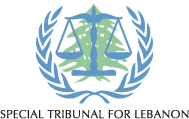
Headquarters: The Hague

Headquarters: New York, United States

Headquarters: Paris, France

Headquarters: Vienna, Austria

Headquarters: Madrid, Spain
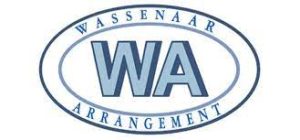
Headquarters: Vienna, Austria

Headquarters: Geneva, Switzerland

Headquarters: Geneva, Switzerland

Headquarters: Geneva, Switzerland
Funding of the UN System Organizations
The funding of the United Nations (UN) system is multifaceted, comprising mandatory and voluntary contributions from its member states. UN core agencies, such as the General Assembly, Security Council, and International Court of Justice, are primarily funded through assessed contributions, which are obligatory payments by member states. These contributions are calculated based on each country's capacity to pay, which considers factors like national income and debt levels. Specialized agencies, programmes, and funds-including entities like UNICEF, WFP, and WHO-rely largely on voluntary contributions. This includes funding from governments, intergovernmental bodies, and private donors.
Voluntary contributions are often earmarked for specific projects or regions, allowing organizations to respond flexibly to urgent global issues such as humanitarian crises and development programs. Because of the dependency on voluntary contributions, many UN bodies actively engage in fundraising and partnerships with the private sector and philanthropic foundations.
For further details and insights on funding mechanisms and operational costs, you can watch the video below on "How much does it cost to run the United Nations?", where UN spokesperson Farhan Haq addresses common questions regarding the UN's financial operations.





























































